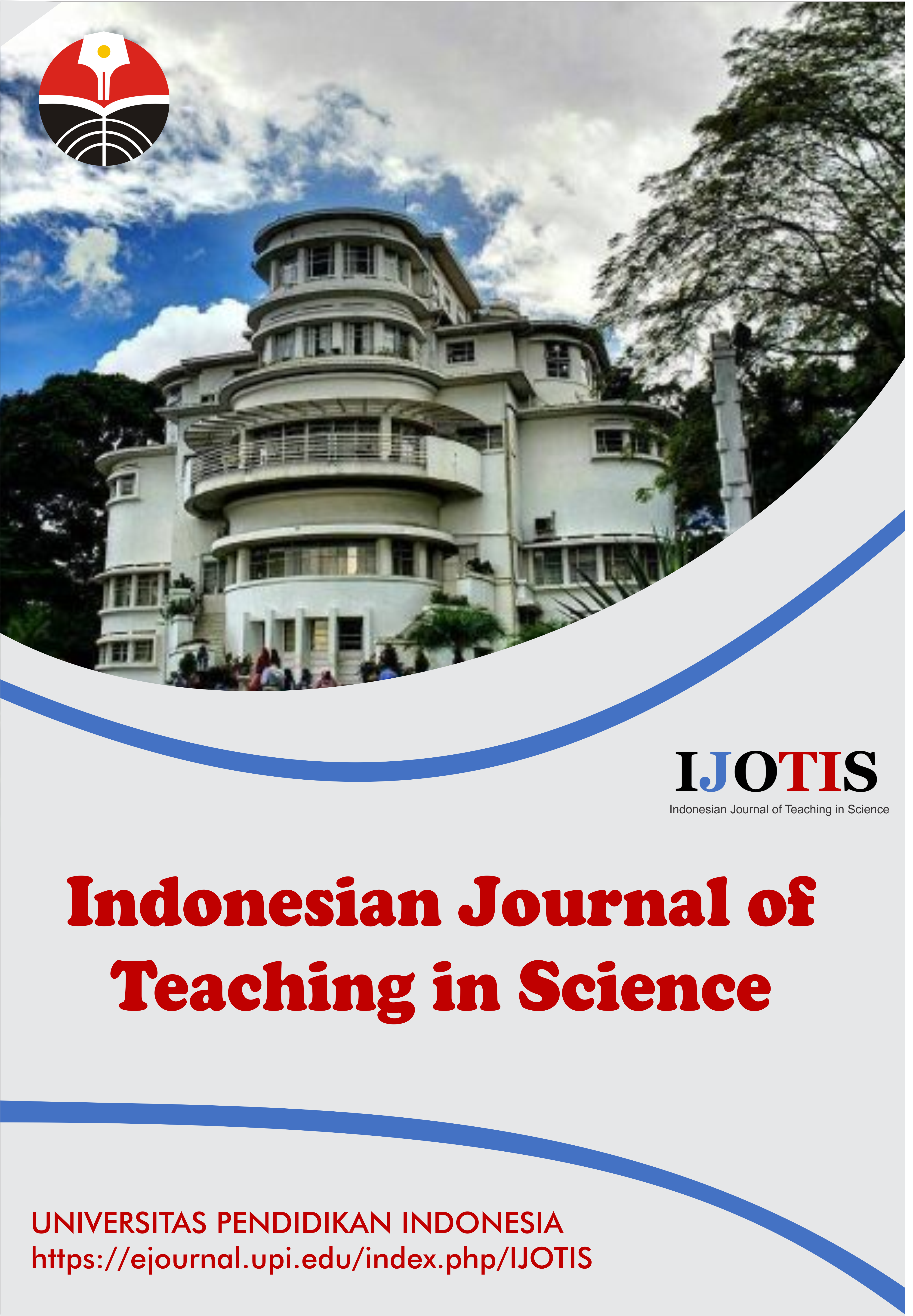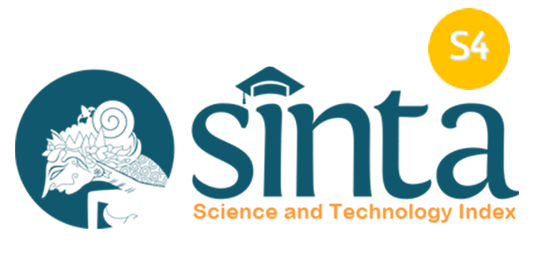Self-Efficacy as A Correlate of Pupils’ Academic Achievement in Mathematics
Abstract
Keywords
Full Text:
PDFReferences
Abubakar, R. B., and Uboh, V. (2010). Breaking the gender barrier in enrolment and academic achievement of Science and Mathematics students. Akoka journal of Pure and applied Science Education, 10(1), 203-213.
Albalawi, M. (2019). Does gender difference have an effect in the academic achievements of undergraduate students’ and later as interns? A single medical college experience, Taibah University, KSA. Allied Journal of Medical Research, 3(1), 20-25.
Artino, A. R., and Stephens, J. M. (2020). Self-efficacy and academic performance in online learning environments: a systematic review and meta-analysis. The International Review of Research in Open and Distributed Learning, 21(3), 62-91.
Awodun, A. O., and Oyeniyi, A. (2018). Influence of school location `on learners‟ academic achievement in junior secondary school basic science in Ekiti State, Nigeria. Journal of Emerging Technologies and Innovative Research (JETIR), 5(6), 125 – 129.
Betz, N. E., and Hackett, G. (1981). The relationship of career-related self-efficacy expectations to perceived career options in college women and men. Journal of Counseling Psychology, 28(5), 399-410.
Caprara, G. V., Barbaranelli, C., Steca, P., and Malone, P. S. (2006). Teachers' self-efficacy beliefs as determinants of job satisfaction and students' academic achievement: A study at the school level. Journal of School Psychology, 44(6), 473-490.
Else-Quest, N. M., Hyde, J. S., and Linn, M. C. (2010). Cross-national patterns of gender differences in mathematics: A meta-analysis. Psychological Bulletin, 136(1), 103-127.
Fennema, E., and Sherman, J. A. (1977). Sex-related differences in mathematics achievement, spatial visualization, and affective factors. American Educational Research Journal, 14(1), 51-71.
Jameel, H. T., and Ali, H. H. (2016). Causes of poor performance in mathematics from teachers, parents and learner’s perspective. American Scientific Research Journal for Engineering, Technology, and Sciences (ASRJETS), 15(1), 122-136.
Judge, T. A., Jackson, C. L., Shaw, J. C., Scott, B. A., and Rich, B. L. (2010). Self-efficacy and work-related performance: The integral role of individual differences. Journal of Applied Psychology, 95(1), 107-125.
Klassen, R. M., Tze, V. M. C., Betts, S. M., and Gordon, K. A. (2021). The impact of teacher self efficacy on student achievement: a meta-analysis of longitudinal studies. Review of Educational Research, 91(2), 258-288.
Kurbanoglu, N. I., and Akim, A. (2010). The relationships between university students’ chemistry laboratory anxiety, attitudes, and self-efficacy beliefs. Australia Journal of Teacher Education, 35(8), 4-26.
Lent, R. W., Lopez, F. G., and Bieschke, K. J. (2000). Mathematics self-efficacy: Sources and relation to science-based career choice. Journal of Counseling Psychology, 47(3), 324-330.
Makondo, P. V., and Makondo, D. (2020). Causes of poor academic performance in mathematics at ordinary level: A case of Mavuzani high school, Zimbabwe. International Journal of Humanities and Social Science Invention (IJHSSI), 9(6), 10-18.
Mega C, Ronconi L, De Beni R. (2014). What makes a good student? How emotions, self-regulated learning, and motivation contribute to academic achievement. Journal of Educational Psychology, 106(1), 1-11.
Multon, K. D., Brown, S. D., and Lent, R. W. (1991). Relation of self-efficacy beliefs to academic outcomes: A meta-analytic investigation. Journal of Counseling Psychology, 38(1), 30–38.
Obafemi, K. E. (2021). Effect of inside-outside circle instructional strategy on primary school pupils’ academic achievement in mathematics In Kwara State. Unilorin Journal of Lifelong Education (UJLLE), 5(1), 35-45.
Obafemi, K.E., Fajonyomi, A., and Ola-Alani, E. K. (2023). Effect of reversed jigsaw instructional strategy on pupils’ academic achievement in Mathematics. ASEAN Journal of Science and Engineering Education, 3(3), 297-304.
Pajares, F., and Miller, M. D. (1994). Role of self-efficacy and self-concept beliefs in mathematical problem solving: A path analysis. Journal of Educational Psychology, 86(2), 193–203.
Pintrich, P. R. (2002). A motivational science perspective on the role of student motivation in learning and teaching contexts. Journal of Educational Psychology, 95(4), 667. 25.
Reilly, D., and Neumann, D. L. (2013). Gender differences in learning and performance on multiple-choice mathematics tests. Intelligence, 41(4), 496-505.
DOI: https://doi.org/10.17509/ijotis.v3i2.59775
Refbacks
- There are currently no refbacks.
Copyright (c) 2023 Universitas Pendidikan Indonesia

This work is licensed under a Creative Commons Attribution-ShareAlike 4.0 International License.
Indonesian Journal of Teaching in Science (IJoTIS) is published by Universitas Pendidikan Indonesia (UPI)
 Indonesian Journal of Teaching in Science
Indonesian Journal of Teaching in Science



